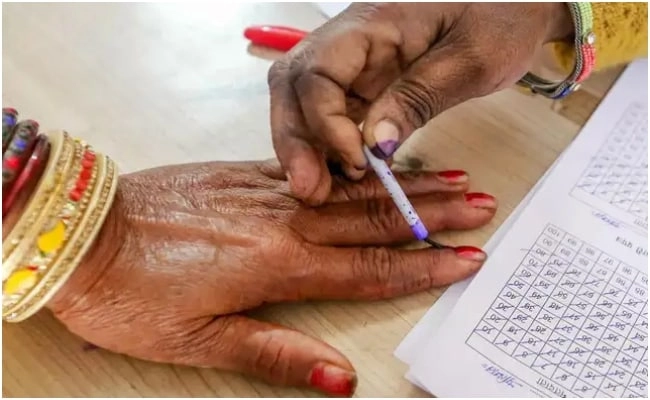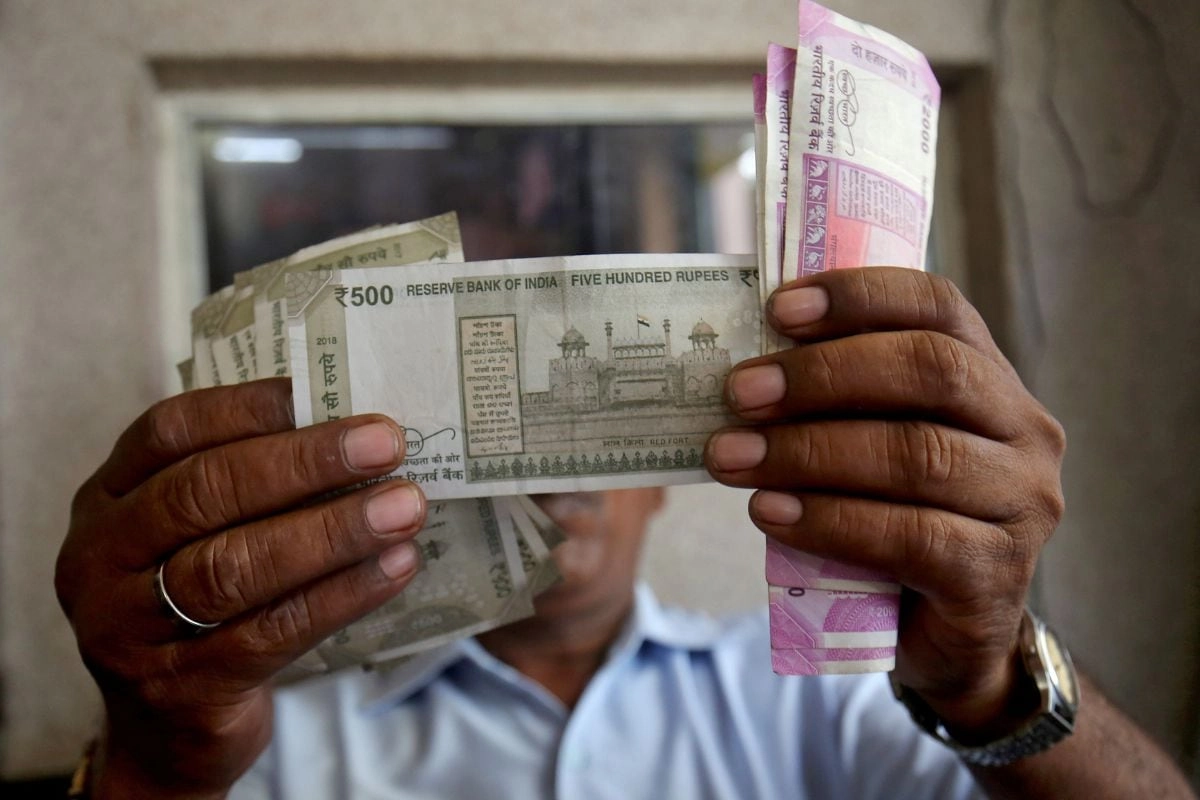The recent “Boycott Kashmir” trend has sparked significant concerns among political leaders in India, particularly Omar Abdullah, the former Chief Minister of Jammu and Kashmir. Abdullah has made a fervent appeal to the central government, urging them to address the underlying issues that have led to this troubling phenomenon. He emphasizes that the boycott is not merely a call to abstain from engaging with the region but rather a reflection of deeper discontent and a demand for attention to the grievances of the people in Jammu and Kashmir. Abdullah argues that such trends can exacerbate the already fragile situation in the region, which has been marred by political instability and unrest for decades.
In his appeal, Abdullah highlights the importance of dialogue and engagement with the people of Jammu and Kashmir, stressing that ignoring their concerns will only lead to further alienation. He believes that the central government should take proactive measures to rebuild trust and foster a sense of belonging among the residents. By addressing issues such as economic development, political representation, and social justice, the government can create an environment conducive to peace and stability. Abdullah’s call to action is not just about mitigating the immediate effects of the boycott trend; it is about laying the groundwork for a more inclusive and harmonious future for the region.
The “Boycott Kashmir” trend is emblematic of the complex socio-political landscape in the region, where feelings of disenfranchisement and disillusionment have become pervasive. Abdullah’s position underscores the need for a comprehensive approach that recognizes the unique challenges faced by the people of Jammu and Kashmir. He insists that the central government must move beyond a one-size-fits-all strategy and engage in meaningful conversations with local leaders and communities. This engagement is crucial for understanding the diverse perspectives and aspirations of the population, which are often overshadowed by the broader national narrative surrounding Kashmir.
In conclusion, Omar Abdullah’s appeal to the central government to address the “Boycott Kashmir” trend is a poignant reminder of the importance of dialogue and understanding in resolving long-standing issues in the region. His call to action reflects a desire for a more inclusive approach that prioritizes the voices of the people. By fostering a collaborative environment, the government can work towards addressing the grievances that have fueled the boycott sentiment and ultimately pave the way for a more stable and prosperous Jammu and Kashmir. The future of the region depends on the willingness of all stakeholders to engage constructively and work towards a shared vision of peace and development.




